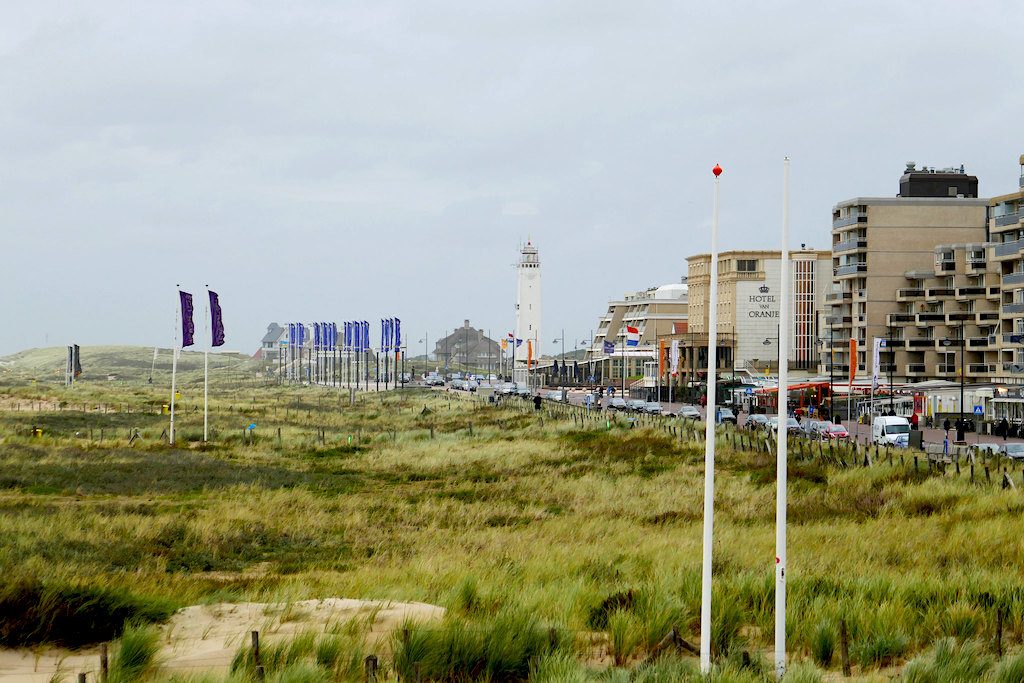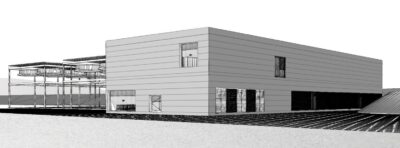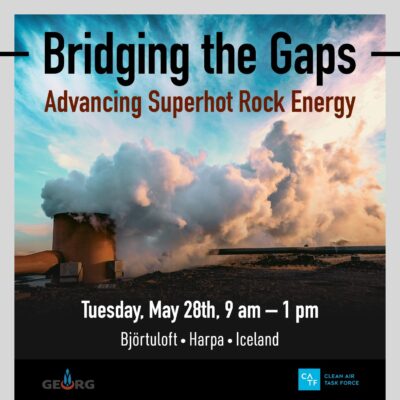Geothermie Nederland calls for shorter lead times on geothermal projects
Geothermie Nederland joins a coalition of companies and industry associations to call for shorter lead times for sustainable energy projects.
A coalition of companies and industry association lead by the Dutch Association for Sustainable Energy (NVDE) and including Geothermie Nederland has published a memorandum calling for shorter lead times on granting permits for large-scale sustainable energy projects in the Netherlands, including geothermal. The memorandum (in Dutch) titled “Pressure on lead time” can be accessed via this link.
According to the memorandum, the lead time for an average geothermal project in the Netherlands is currently 3.5 to 9.5 years. This timeline can be broken down per phase as follows:
- Planning and engineering (typically overlaps with 1st permit process): 0.5 to 2 years
- Licenses (part 1) / exploration licenses: 0.5 to 2 years
- Grant process: 0.5 to 1.5 years
- Licenses (part 2) / environmental and production permit: 2 years to 3 years
- Construction: 0.5 to 1 year
- Heat network construction: Highly dependent on size and location
Geothermie Nederland wants to significantly reduce the length of the permitting process and is working on behalf of the sector with, among others, the Ministry of Economic Affairs and Climate Policy on options to make procedures more predictable and shorter. The association also advocates more control over the development of heat networks in combination with the development of geothermal sources.
Among the recommendations made in the memorandum are the following:
- Introduce a new Heat Act no later then 1 July 2024 that includes sustainability requirements and renewed price regulation to attract investment for new and existing networks.
- Introduce the already planned National Subsidy Scheme for heating networks to finance homeowners’ connection costs for connecting to a heating network.
- Create a government guarantee scheme that will cover the risk of building new heat sources and new heat networks.
- Revision of the Sustainable energy transition subsidy scheme (SDE++) in 2023 so that heat sources like geothermal energy and greenhouse horticulture can be more easily eligible for subsidy.
The memorandum argues that any further delay on revising the working methods (decision-making, permit procedures, clarity about infrastructure) will mean that the climate goals for 2030 are likely to be out of reach. “The paper phase of energy projects should not last longer than construction,” as NVDE Chairman Olof van der Gaag put succinctly.
A faster licensing process was among one of the measures that the Geothermie Nederland appealed for in a press release published earlier this year.
Source: Geothermie Nederland


















